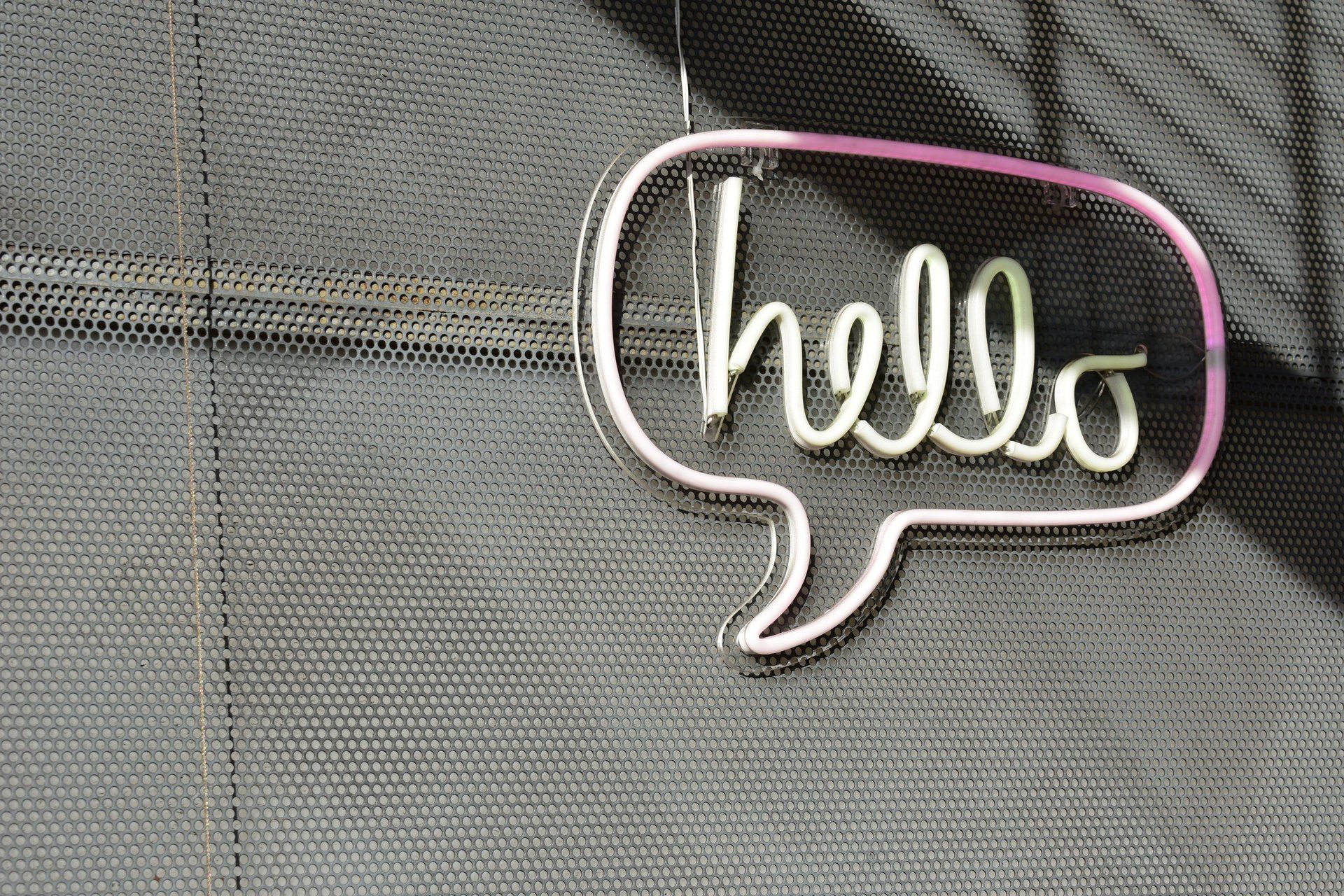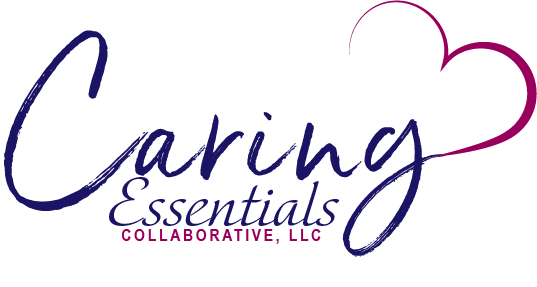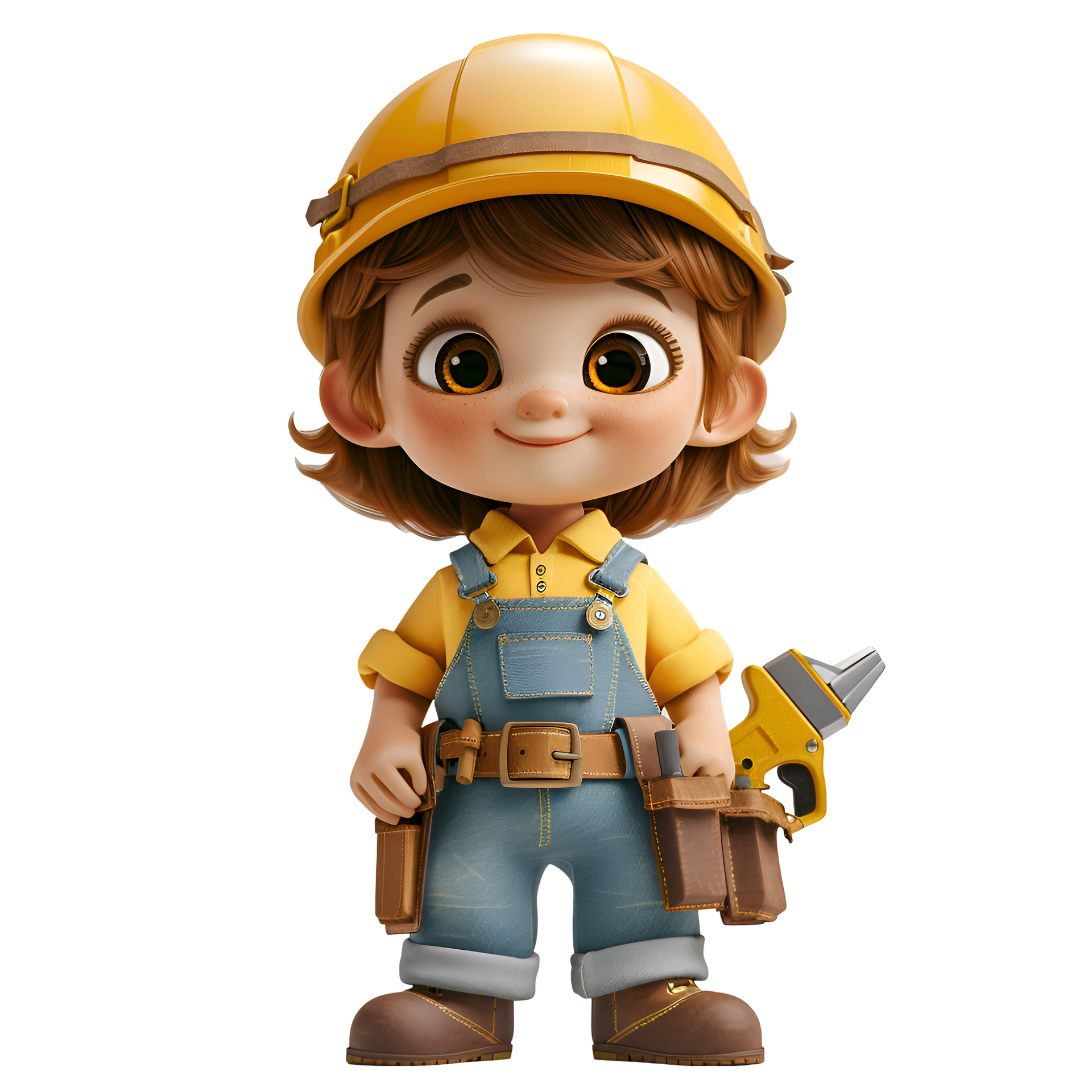
Have you ever watched the movie Wreck It Ralph? It's an animated movie where Ralph gets fed up being the 'bad guy', losing to 'good-guy' Fix-it Felix and heads off on a quest to prove he has what it takes to be a hero. Felix is a handyman with a magical hammer and anything he touches with his hammer is miraculously repaired. You may be wondering why I am writing about a kids movie. Well, it's because fixing things feels so rewarding, right? I absolutely LOVE the dopamine rush I get when I can fix something for somebody, especially when that something is for someone who seems especially vulnerable (although oftentimes, that's not necessarily a requirement).

Pronouns matter because they are a fundamental aspect of language and communication. Pronouns reflect not just grammatical structure but also social and cultural values. Their significance goes much deeper than mere linguistic convenience. They hold the power to affirm identity and foster inclusivity. Pronouns validate our sense of self while creating a sense of belonging and acceptance.

TRANSCRIPT Mary Coughlin: Well, okay. Welcome to the very first FUN, FABULOUS, FACTUAL Friday. Happy September. Fun, Fabulous, friday has actually been a thing with my team, Tara, Kristy and myself, Kristy actually started it. And it's just been a really cool thing to kind of look forward to Fridays, make them fun, make them fabulous. And we all have different ways that we make things fun and fabulous. And for me, sometimes my fun and fabulousness comes out in my nerdiness. And so I gotta bee in my bonnet today because I'm playing with this new software that I would try and do a fun, fabulous, factual Friday on September 1st. We'll see how it goes. And if you like it, we'll try it again on another Friday. So anyways, I was nerding out, looking at a variety of different articles and I came across this really neat article in this journal called Collegian, it's out of Australia, and it's talking about, well, the title of it is "Contesting the term compassion, fatigue: integrating findings from social neuroscience and self- care research". And for any of you guys that know me, I absolutely love the work of Joan Halifax, and in fact, it's downstairs, I think, I just finished reading a recent book of hers, that talks about edge states, and the stuff that you guys have probably heard me talk about is the paper where she talks about the acronym G.R.A.C.E.. So Joan Halifax is a Buddhist nun and she has done a lot of work in a lot of different settings, and one of the key areas that she's done work with is with palliative care, end of life nurses where she really explores this concept of compassion and compassion, fatigue. And so when I saw this title, I immediately went to the work of John Halifax, and as I was reading it, I was like, aha, this is brilliant. Everybody needs to know this stuff. What this paper does, and it does reference the work of Joan Halifax, is it really starts to tease out, based on what we know from MRIs, functional MRIs, and lots of research on the concept of compassion, that it's actually faulty to use the term compassion fatigue because compassion does not fatigue. That feeling that we get that leads to burnout; that feeling that we get that kind of erodes our capacity for connection and compassion for others is actually empathic distress. And they talk a lot about this in the paper. They really kind of, I'm just kind of flying through the paper right now, pull out a lot of the different concepts, with the intention of helping, particularly nurses, but all frontline healthcare and human care professionals, that it's not our compassion that causes us injury. It, it's not our, our compassion that leads to burnout. It's actually a paucity of self-compassion that can lead to burnout. But more important than that is this concept of emotion regulation, and Halifax talks about this in her book. And she also touches upon it in her other publications, but these authors Hoffmeyer et al really tease it out so that they help us understand that when we're feeling empathic towards another person and remember what empathy is, empathy is feeling with another person, we need to be present to ourselves. That in that empathic moment we can sometimes lose ourself and our capacity to regulate that emotion and the lines get blurred between where I end and the other begins. And so when we're feeling empathy, for the suffering state of another, we can actually get lost in that suffering. The lines will get blurry. And it's that, that moment 'there' that actually causes us distress. And so the appropriate terminology is actually empathic distress and they say empathic distress fatigue, that, that empathic distress fatigues us psychologically, emotionally, and then that also can then tax us physiologically as well. And so I just really wanted to share this with you guys. And I'll share the citation in the transcript below so you can go nerd out on it. I think it was open access. But I'll give you all of the information that you need. And I would invite you to check this out. The thing that I really like in reading this paper, Is that it really calls out that when we don't use the right language to describe situations, like I think about the work that I do with my team on trauma and trauma informed care. When we don't use the language that describes accurately a situation, for example trauma in the NICU we'll say, well, we don't want to use that language because we feel that it will upset people. People are already upset and we need to use the language to describe it correctly. And that's what the authors are saying with regard to compassion fatigue. If we think it is compassion fatigue that is leading to burnout, then we are going to use strategies that are directed towards preventing compassion fatigue. And those are incorrect strategies. Because what they do is they cause us, that the strategies guide us to withhold our compassion so that we don't become fatigued. But when we withhold our compassion we actually, where's the language, we actually become depersonalized and as a consequence, provide sub optimal care that lacks empathy and lacks compassion; which ultimately fails to meet the needs of the patient and ourselves, because we gain a sense of fulfillment and satisfaction when we are able to ease the suffering of another in the course of our work, and that's particularly true in nursing. And so this one sentence here, I'll just wrap up if I can, "it's essential to maintain a self other distinction". You can feel the empathy, but to maintain that distinction and not absorb the others suffering or negative emotion. But honor, it relate to it because we've all had experiences where we can empathize authentically with other, but we just can't lose ourselves, fall off the cliff as Joan Halifax says. So please check out this paper. A lot of the information that I particularly investigate, pursue, gobble up when I'm reading is all related to the work I do in fostering a trauma informed paradigm and cultivating trauma informed professional development through the trauma informed professional certificate program and through all of our writings and publications and such. So. Please comment below if this is interesting, I hope it's succinct, factual, fun. And I wish you all a very fabulous Friday and holiday weekend. Thanks so much. Take it easy. Bye. P.S.: Here are the references Hofmeyer, A., Kennedy, K., & Taylor, R. (2020). Contesting the term ' compassion fatigue'" Integrating findings from social neuroscience and self-care research. Collegian, 27(2), 232-237. https://doi.org/10.1016/j.colegn.2019.07.001 . Halifax, J. (2018). Standing at the Edge: Finding Freedom Where Fear and Courage Meet . New York, N.Y.: Flatiron Books. Halifax, J. (2014). G.R.A.C.E. for nurses: Cultivating compassion in nurse/patient interactions. Journal of Nursing Education & Practice, 4(1). https://doi.org/10.5430/jnep.v4n1p121 .
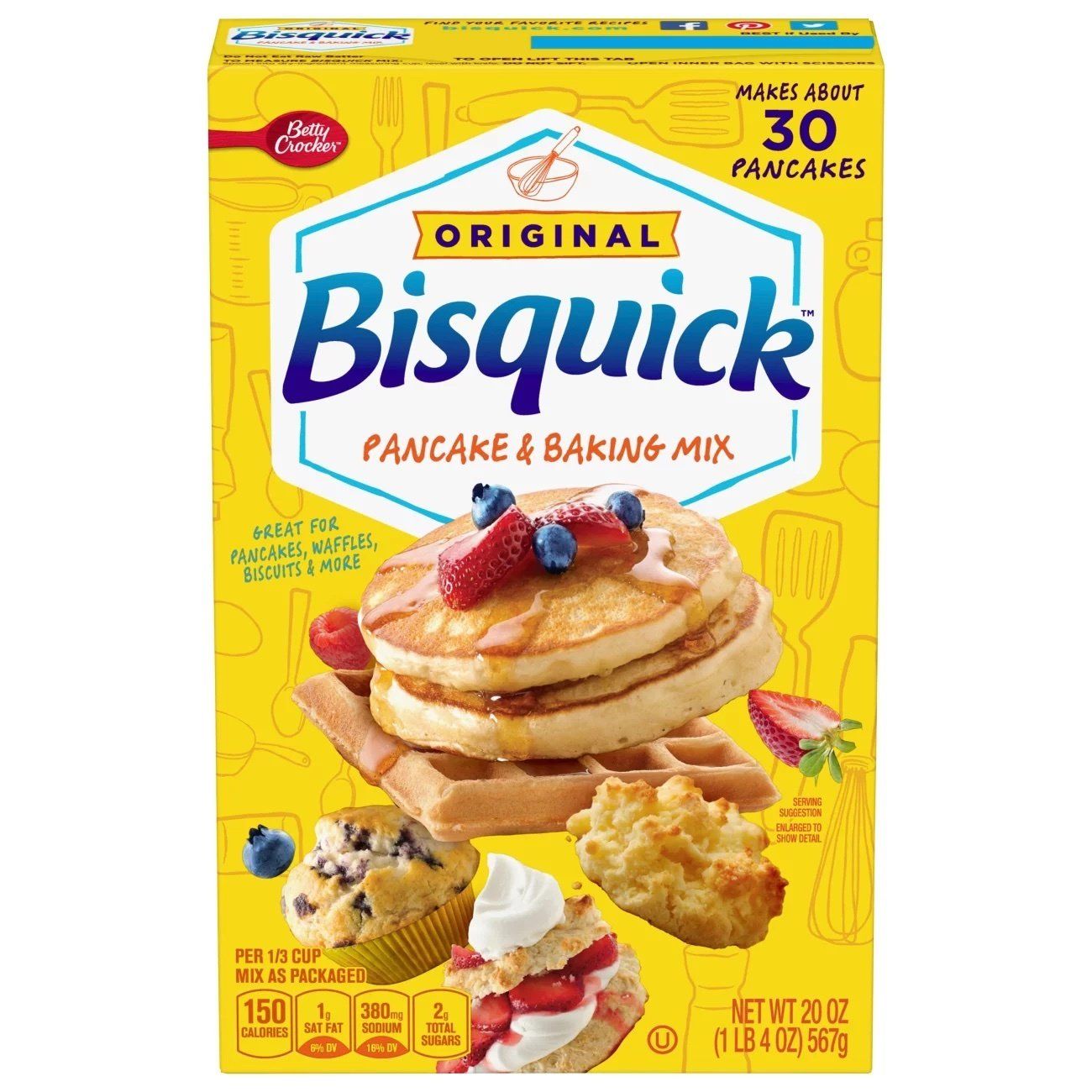
I love pancakes. I don't eat them often, they are definitely a special treat. Now that my children have flown the coop I mostly make them when the grandbabies sleep over. The other morning however, with no grandbabies in sight Dan and I decided we would have pancakes for breakfast and not just basic pancakes but blueberry pancakes. Neither of us were very hungry when we made this decision, so we both retreated to our respective spaces with our favorite morning beverage to read a bit before we would have breakfast. I sat out on the front porch sipping my tea enjoying my latest read. It was a beautiful summer morning, birds chirping, an occasional car passing by and the sweetest hint of the sea riding in on the gentle breeze. After a chapter or so, I began to daydream about the pancakes and even imagined Danny making the pancakes - it was time to go back in the house. Much to my surprise Dan in deed was making the pancakes, but not just any pancakes, pancakes from scratch! The counter was awash with evidence of his culinary enterprise. I decided I would pick up the 'debris' and put everything away as he cooked. The smell from the skillet was intoxicating - did I notice the subtle scent of pumpkin spice, OMG and vanilla extract - these were truly special pancakes. (I do love my butter and syrup)
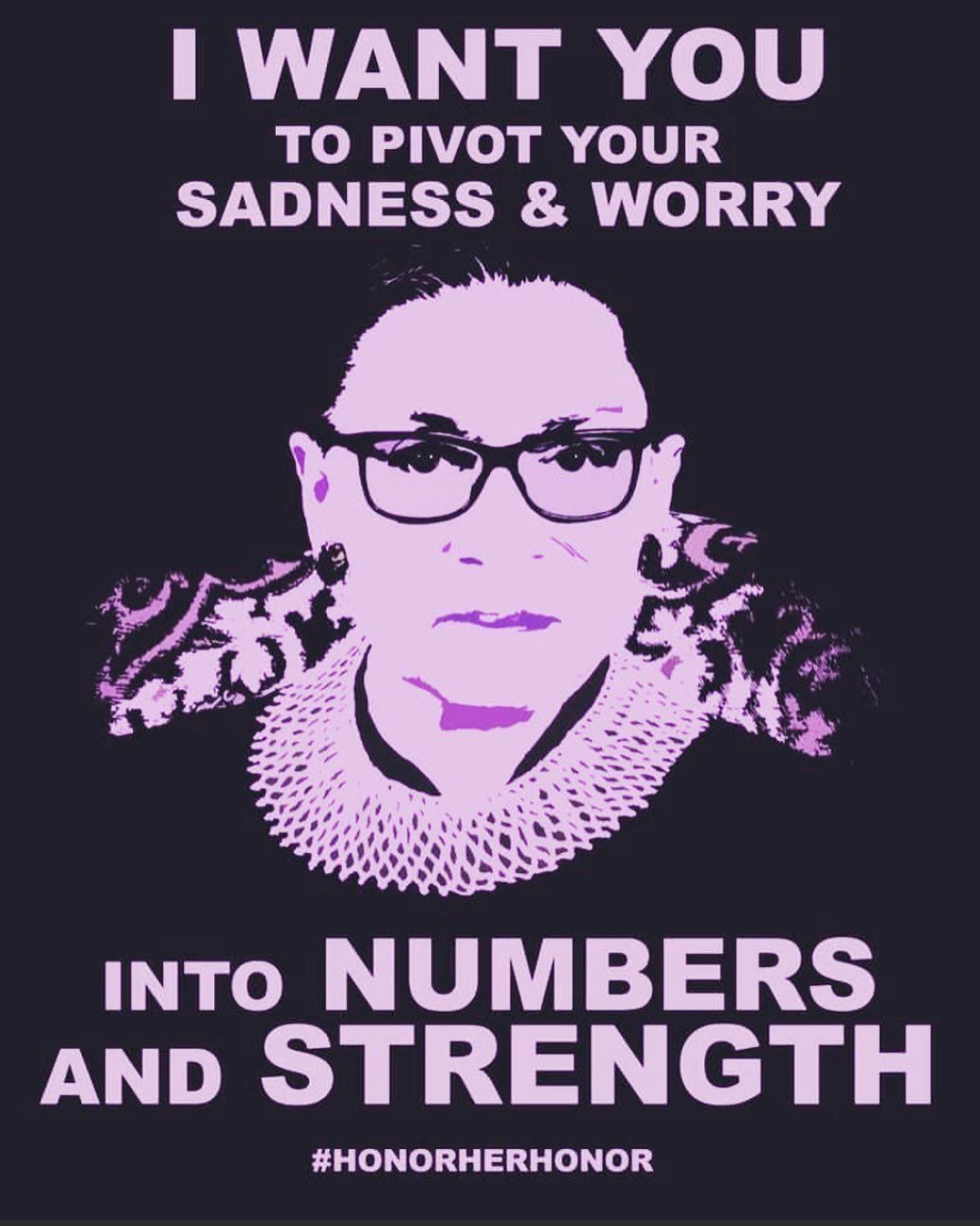
When we had to take down the tree on our front lawn a couple years ago it was quite the project to clear out the root and its network. Even today, nature continues to work its magic as we frequently see mushroom collections gathering at the surface as they work to heal the wound left from the dying tree. Fortunately this has not hampered the plants and flowers we have placed in that healing space. The words resilience and re-creation come to mind. Late winter, early this spring my neighbors down the street cut back several trees that surrounded their front yard. I remember walking by wondering why would anyone cut trees to the point of basic baldness (clearly I am not an arborist). Just recently I noticed that the trees are growing back, there are branches and leaves starting to form in directions different from the original configuration; but they are coming back. It made me think about the flexibility and durability of life.

Have you had the darkness creep in on you and not even see it coming? That's what happened to me the other morning. Dan and I were hanging out, I was reading and he was surfing the net when he asked me a random question about kayaks and I was blindsided by a wave of overwhelming emotion. As he saw my eyes glisten and quickly asked what was wrong, I couldn't find the words as my feelings leaked out all over the place without warning. Dan's calm and soothing demeanor helped me regain composure through an interesting analogy that kept me from totally going under with my emotions. His analogy began with a story, a story about kayaks. This is Danny on Lake Cupsuptic in Rangeley ME

Dan and I strive to walk our dog George every morning. We have a specific loop we make in the neighborhood to make sure we can enjoy all the beautiful gardens while getting in our steps. On our walk we often pass by other dog walkers and even several houses with dogs who get all worked up as we pass by. One dog, in particular always catches our attention. He is perched on the second floor window with what appears to be bars across the window (probably to keep him from jumping out as he sees dogs walk by). The interesting thing about this dog is his muted voice; he makes breathy grunty frustrated sounds but doesn't bark and you can even hear him scratching at the windowsill as if he's trying to get out and at us (from the second floor) as we walk by.

Dan and I recently rented an airbnb. As we reviewed the 'rules' one thing jumped out at us; the house was wired with a decibel reader. Apparently, if the decibels exceeded 65 dB we would be at risk of getting kicked out of the house. As a NICU nurse I am very familiar with decibels and what sounds correlate with what levels but for Dan, this was brand new. I pulled out my smart phone where I had downloaded a decibel meter reader so he could get a sense of what 65 dB's sounded like. He was shocked when the meter exceeded 75 dB when I laughed - we looked at each other and Dan promptly said "You can never laugh while we are here or we will get the boot" . Well, that's going to be pretty darn difficult for sure!
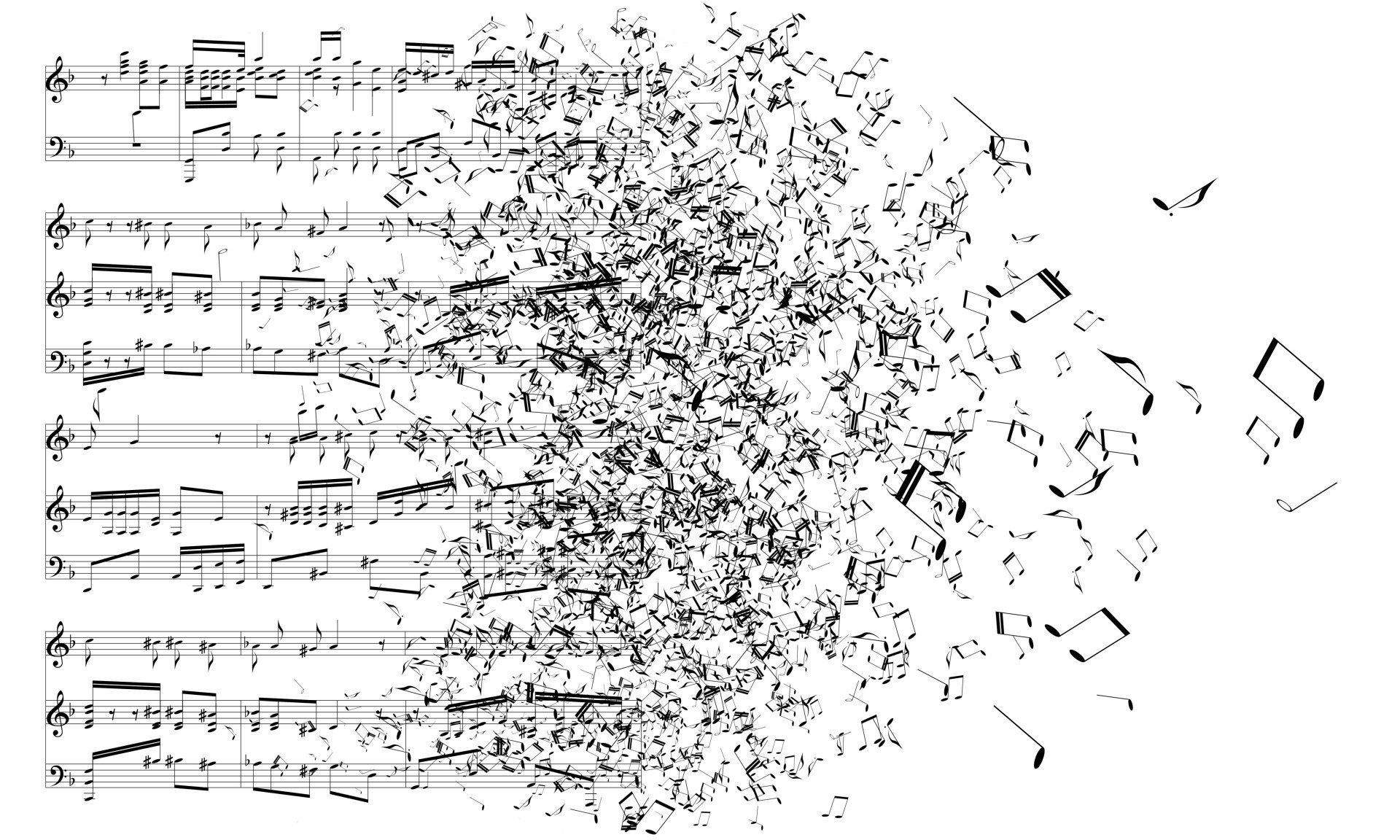
This past weekend Dan and I got to see the Eagles LIVE in concert at the MGM Grand Garden Arena. The tickets were a surprise gift from my son. We had flown out to Vegas to attend the high school graduation ceremony of my eldest granddaughter. The timing coincided with our wedding anniversary which was the reason for the surprise. The concert was AMAZING!!
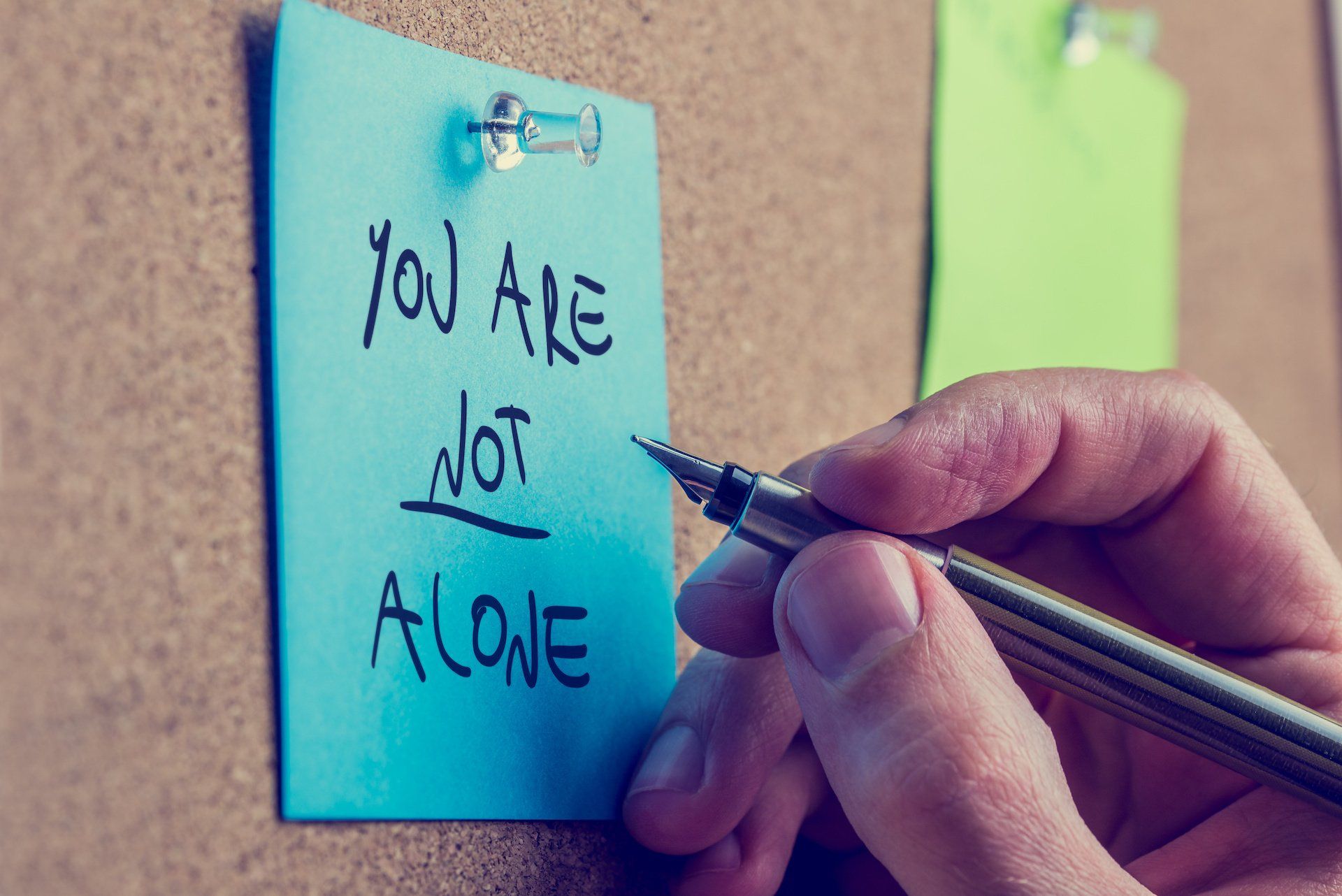
Doesn't everyone have something that they love, even if (or maybe especially if) it doesn't make sense? Hope you had a great weekend, mine was spent working with my husband trying to get the boat ready to go into the water. Danny LOVES his boat! Danny's boat is to him as my house is to me. Now, to be fair, it's our house and I think Danny would love to consider the boat ours as well, but they are both things that on the surface you might wonder... WHY? The house, an old grand lady built at the turn of the 20th century, is kind of like a money pit (or at least, according to me, that's what soulless folks might think). But, to me, the house is a symbol of my independence, it is a celebration of my dreams coming true and it's a focal place where my family gathers. When Danny and I came together as a couple he took on a lot of the house maintenance as an expression of his love for me (and I am so grateful) even though his rational, practical side was asking WHY? Here is a picture of my grown children on the front porch last summer.





